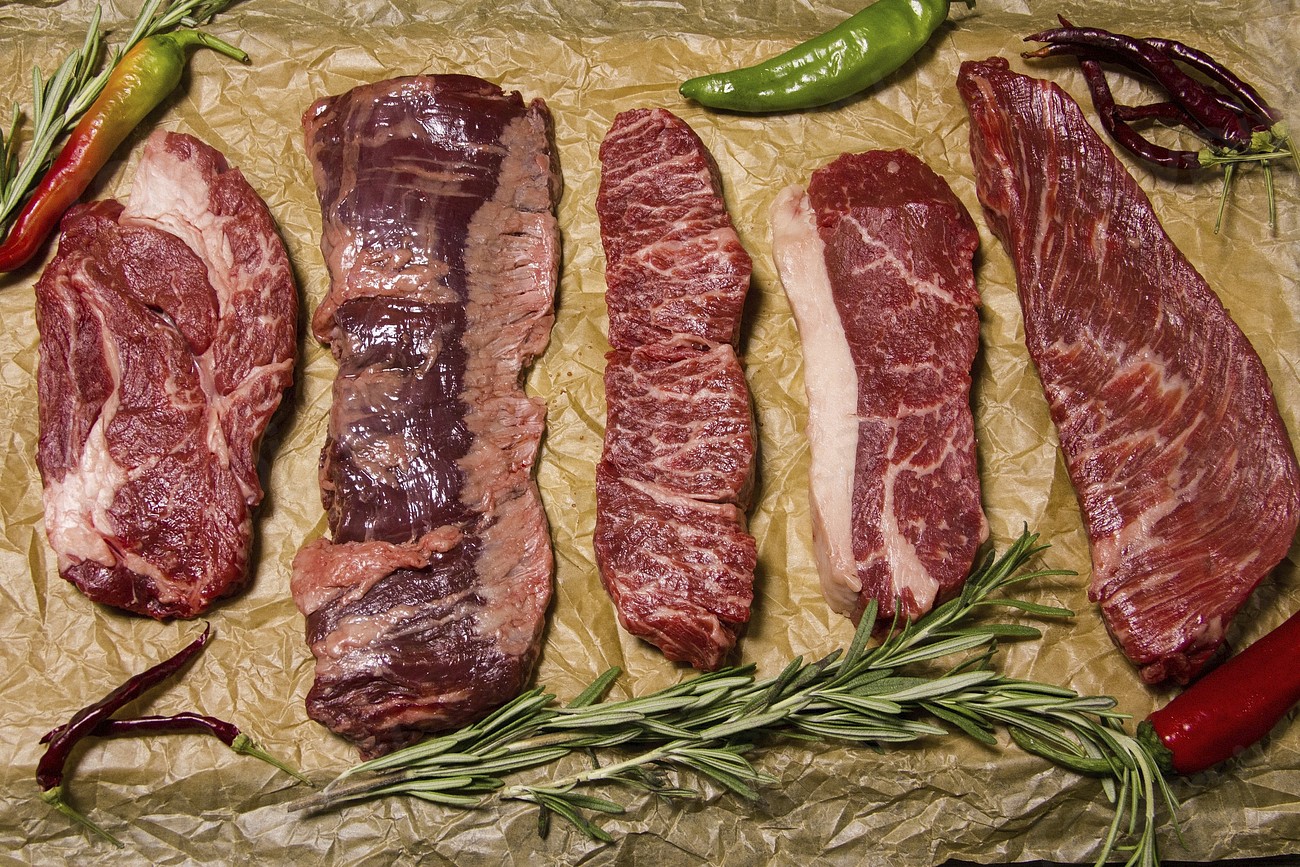
The problem with meat raised in confinement systems is a pressing issue that needs to be addressed. This practice involves raising livestock in tight and overcrowded spaces, where they are unable to freely roam or express natural behaviors. While it may seem like a convenient and cost-effective solution to meet the growing demand for meat, it comes with several detrimental consequences.
Confinement systems severely limit the animals’ mobility and ability to exercise. When animals are confined to small spaces, they are unable to engage in physical activities, which are crucial for their overall well-being. Lack of exercise can lead to numerous health issues such as weakened immune systems, muscle degeneration, and joint problems. Furthermore, the stress caused by crowded conditions can promote the spread of diseases among animals, requiring the excessive use of antibiotics to keep them healthy.

The confinement system also fails to address the ethical concerns associated with animal welfare. Animals thrive when they are given the freedom to live in a way that aligns with their natural behaviors. In confinement systems, they are unable to exhibit their natural instincts, such as foraging and socializing. The lack of mental stimulation and social interaction can lead to behavioral disorders and psychological distress, ultimately resulting in poor animal welfare standards.
Another problem with confinement-raised meat is its environmental impact. These systems contribute significantly to various environmental issues, such as water pollution, land degradation, and greenhouse gas emissions. The accumulation of animal waste, pesticides, and hormones used in confinement systems can contaminate water sources, posing a threat to aquatic life and human health. Moreover, the excessive use of antibiotics can contaminate the environment, leading to the development of antibiotic-resistant bacteria, further endangering public health.
Furthermore, the intensive use of resources, such as land and water, in confinement systems exacerbates the already strained natural resource base. The current rate of meat production is unsustainable and puts immense pressure on ecosystems. Large amounts of feed, water, and energy are required to keep confinement systems functioning, contributing to deforestation, habitat destruction, and increased carbon emissions that accelerate climate change.

Economically, the reliance on confinement-raised meat poses challenges as well. Although this system allows for cheap and readily available meat products, the long-term costs associated with environmental degradation, and public health risks are substantial. Additionally, small-scale farmers and independent producers who prioritize more sustainable and ethical practices often struggle to compete with large-scale confinement operations, jeopardizing economic diversity and local food systems.
This multifaceted problem requires urgent attention. The detrimental consequences on animal welfare, environmental sustainability, human health, and economic viability make it imperative to seek alternatives to this system. As consumers, we can play a crucial role by supporting local and sustainable farming practices, opting for meat produced in more ethical and environmentally friendly ways. By advocating for change and promoting awareness, we can contribute to a healthier and more sustainable food system.






